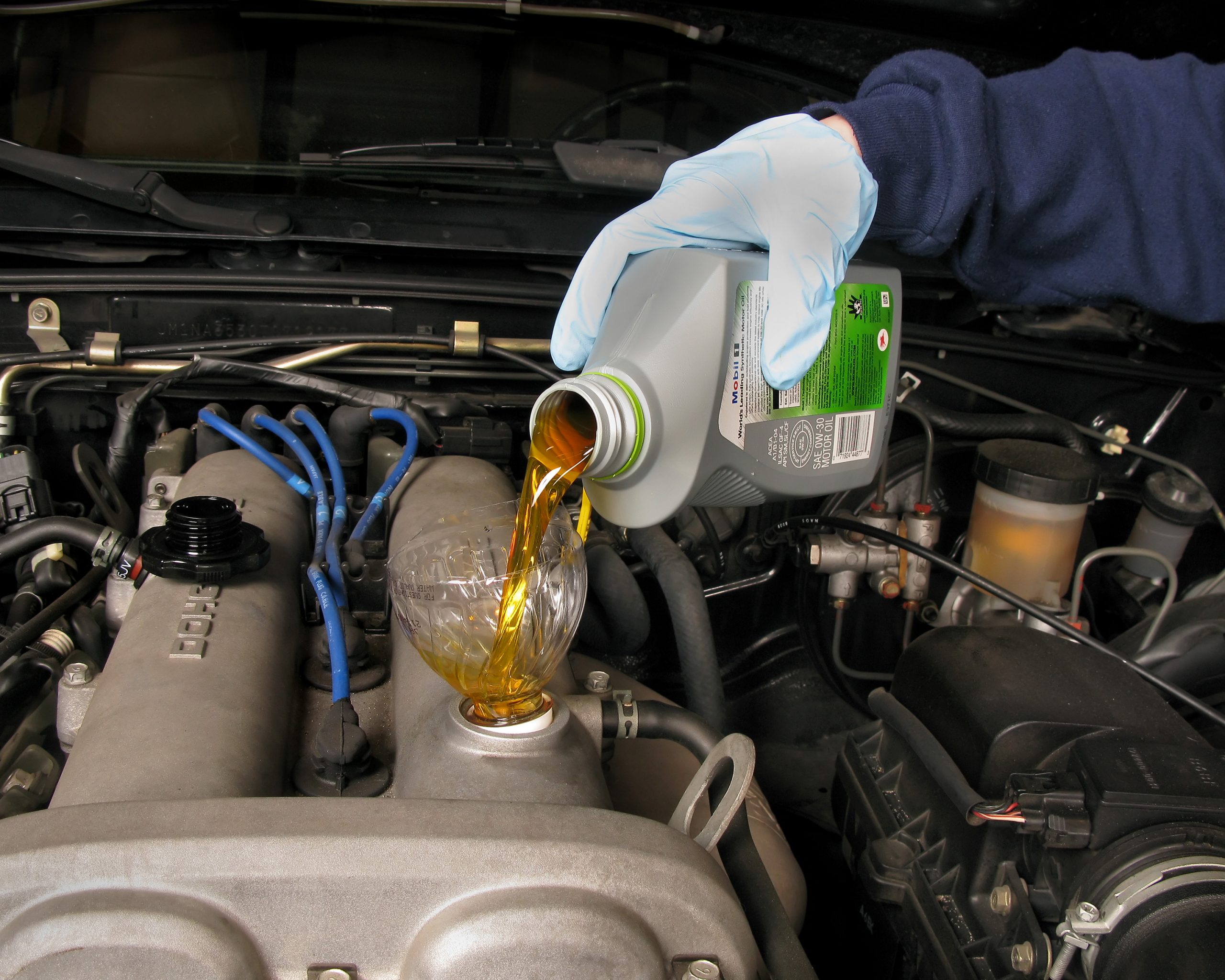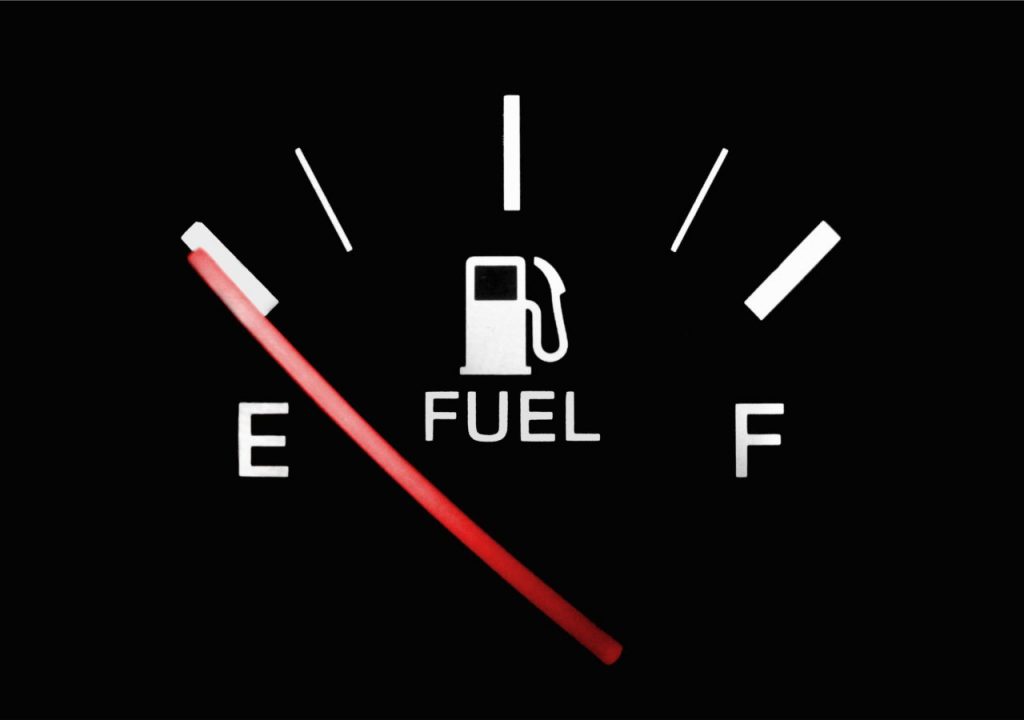You should be alerted to unusual fuel consumption, especially if you have not changed your driving habits, your routes. Indeed, if your vehicle begins to consume abnormally and seems to be less lively, it is because a technical issue sometimes emerges from neglected maintenance.
This post describes the most prevalent causes of over-consumption.
Bad ignition and carburettor settings
Especially for pre-1991 gasoline vehicles (very often equipped with a carburettor and not an injection system), ignition and carburettor adjustments are essential to avoid over-consumption and, above all, over-pollution…
– If the settings haven’t been checked for more than 30,000 km, remember to check the due dates in your service book, and take your car to a good tune-up and diagnostic mechanic for these checks.
– In case of proven problems with black fumes (too rich carburetion), blue fumes (oil) or clear misfires (ignition), don’t wait!
– Similarly, a sudden lack of power should also alert you: the vehicle will consume much more fuel and develop less power.
For most cars in today’s fleet, injection coupled with electronic ignition requires little or no monitoring, as long as you are using the premium brand name and quality fuels.
In diesel engines, dark or even black smoke in the exhaust during strong accelerations should alert you. Here again, it is most often a carburettor problem or a blockage of the exhaust gas recirculation valve. Ideally, this valve should be removed and cleaned.
Note: In an emergency and if the fouling is not too severe, you can try to help yourself by spraying some unique treatments.
At times volatile particles might have passed through the filters to get in the exhaust system. These tend to clog it with soot because they cannot be regenerated by cold urban driving.
– In this case, the engine becomes dusty, and a warning light or alarm will indicate the cause of the problem.
– While waiting for cleaning in the workshop, you can add additives to the fuel, even premium fuel, and drive fast at full load on the hillside. This will unclog your exhaust system and you will gain horsepower.
Good to know: in general, an adjustment is not very expensive (less than $100) and will be done on an appointment of less than an hour, whereas a poorly adjusted vehicle becomes painful to drive while consuming and polluting enormously!
Engine oil is too viscous

A more viscous oil when hot increases fuel consumption. That said, it provides better protection for engines with high mileage or older designs, so pay attention to the manufacturer’s recommendations.
To consume less fuel and if your engine is in excellent condition, you can use a more fluid oil when hot on the express condition that it remains within the range recommended by the manufacturer:
– Look at the oil label; you will see two numbers separated by a “W” for Winter.
– Choose an oil with a “30” after the “W,” such as “5 W 30” or “0 W 30,” without ever going below the minimum manufacturer’s recommendations specified in your user manual.
When in doubt, ask your dealer, especially if you drive in hot climates with a turbocharged engine.
Another crucial point is never to add “miracle” additives to your oil because the lubricant’s complex chemistry will be destroyed. You will lose the benefit of the warranty in case of a significant problem!
If your vehicle is over-consuming gas, there are 2 more things to search for. This week, stay up to date to get our new tips and remember to leave your comments in the section. Also, don’t forget to share this post in your network.
You can read more here: Why Is My Car Over-Consuming



2 thoughts on “Causes of Bad Gas Mileage”